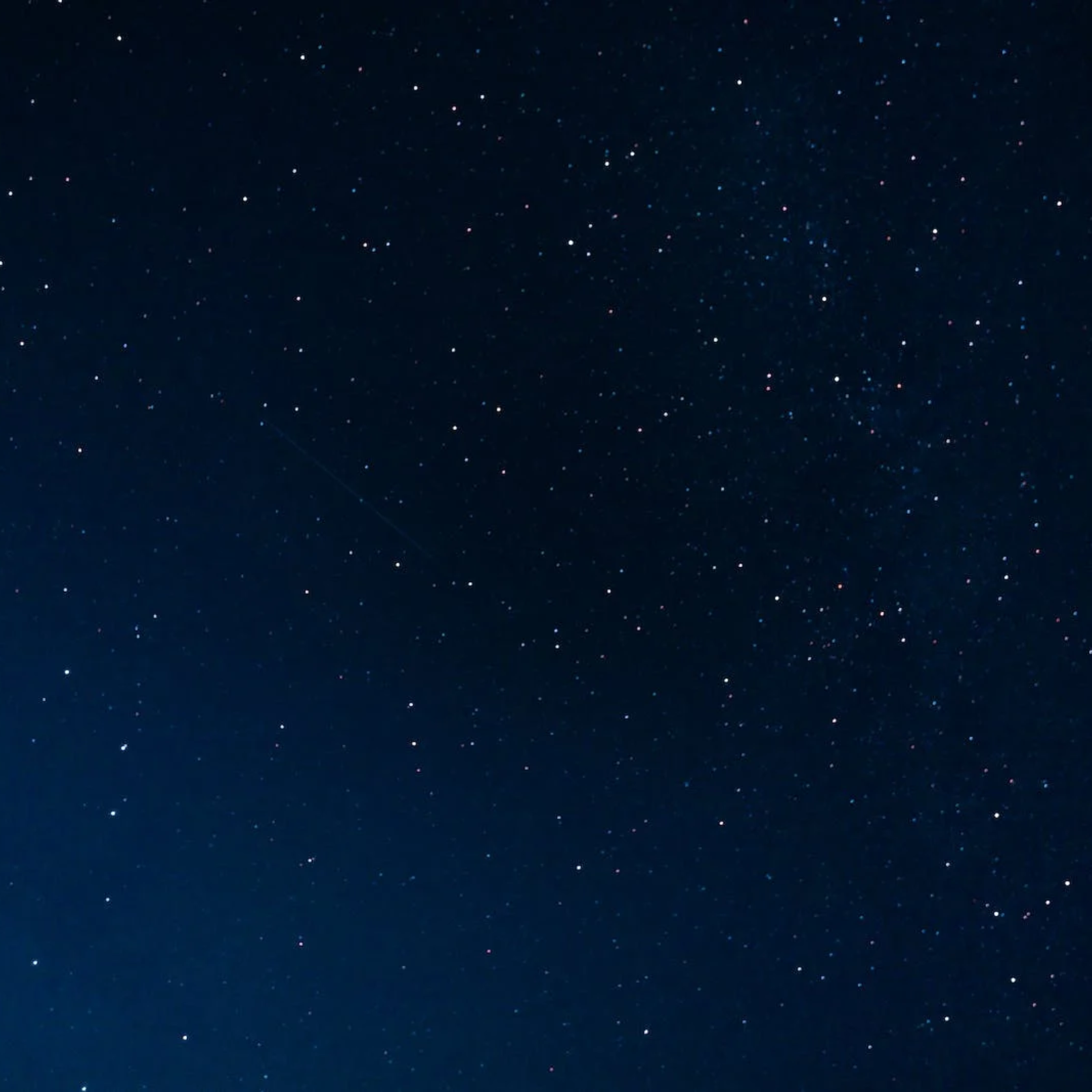生物英语书单推荐理由
As a seasoned website editor, I understand the importance of selecting the right resources to enhance one's understanding of biology. In this digital age, where information is abundant, having a curated list of biology books can make a significant difference in one's learning journey. Here, I present a carefully compiled list of biology books, each chosen for its unique contribution to the field, and the reasons why they deserve a place on your shelf.
Firstly, "The Selfish Gene" by Richard Dawkins is a groundbreaking work that delves into the gene-centric view of evolution. Dawkins challenges traditional perspectives by explaining how genes, rather than organisms, are the primary units of selection. This book is a must-read for anyone interested in evolutionary biology, as it provides a fresh and thought-provoking perspective on life's most fundamental processes.
For those seeking a comprehensive introduction to molecular biology, "Molecular Biology of the Cell" by Bruce Alberts, Alexander Johnson, Julian Lewis, Martin Raff, Keith Roberts, and Peter Walter is an authoritative text. This book is widely regarded as the gold standard in the field, offering detailed explanations of cellular structures and functions. It is an essential resource for students and professionals alike, providing a solid foundation in the molecular underpinnings of life.
In the realm of genetics, "Genome: The Autobiography of a Species in 23 Chapters" by Matt Ridley offers a captivating exploration of the human genome. Ridley takes readers on a journey through the 23 pairs of chromosomes, unraveling the secrets of our genetic makeup and its impact on our health, behavior, and history. This book is an engaging blend of science and storytelling, making complex genetic concepts accessible to a wide audience.
For an in-depth look at the evolution of life on Earth, "The Origin of Species" by Charles Darwin remains a timeless classic. This seminal work outlines the theory of natural selection and its role in shaping the diversity of life. While the language may seem somewhat archaic, the ideas presented are still relevant and foundational to modern biology. Reading Darwin's original text provides insight into the origins of evolutionary thought.
In the field of ecology, "The Diversity of Life" by Edward O. Wilson is a masterful exploration of the intricate web of life on our planet. Wilson, a renowned entomologist and ecologist, discusses the importance of biodiversity and the threats it faces. This book is a compelling read for anyone interested in conservation and the delicate balance of ecosystems.
For a more contemporary perspective on biology, "Life's Greatest Secret" by Matthew Cobb delves into the discovery of the structure of DNA. Cobb's narrative brings to life the intense competition and scientific breakthroughs that led to one of the most significant discoveries in biology. This book is a gripping account of the human side of scientific research, making it an engaging read for both scientists and laypeople.
Another essential book is "The Elegant Universe" by Brian Greene, which, while not exclusively about biology, provides a fascinating overview of string theory and its implications for our understanding of life and the universe. Greene's ability to simplify complex concepts makes this book an accessible and thought-provoking read for those curious about the intersection of physics and biology.
Lastly, "The Hidden Tools of Comedy: The Serious Business of Being Funny" by Steve Kaplan may seem out of place in a biology book list, but it offers a unique perspective on the role of humor in science communication. Understanding how to effectively communicate complex scientific ideas in an engaging and humorous way can be invaluable for educators and science enthusiasts alike.
In conclusion, these biology books offer a diverse range of perspectives, from the molecular to the ecological, and from historical to contemporary research. Each book provides a wealth of knowledge and insight, making them indispensable resources for anyone looking to deepen their understanding of the living world. Whether you are a student, a professional, or simply a curious reader, these books promise to enrich your appreciation of biology and its profound impact on our lives.












